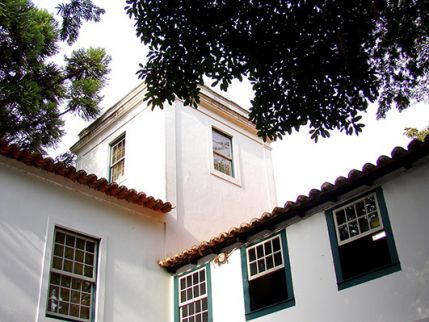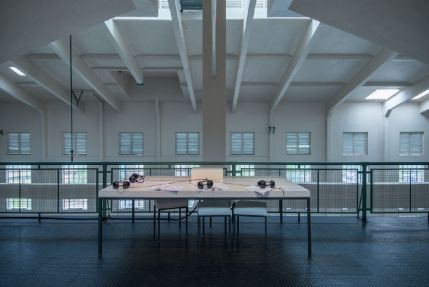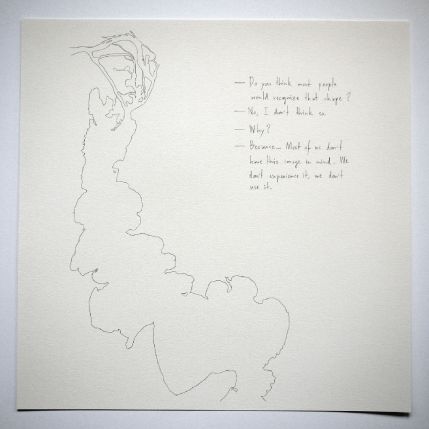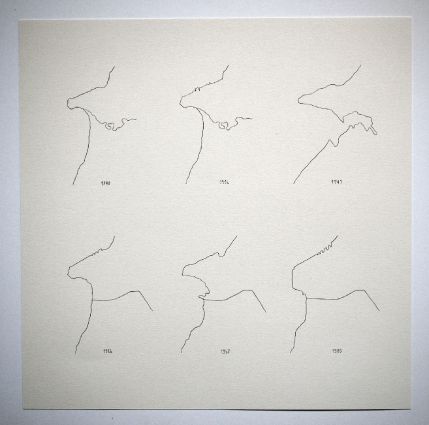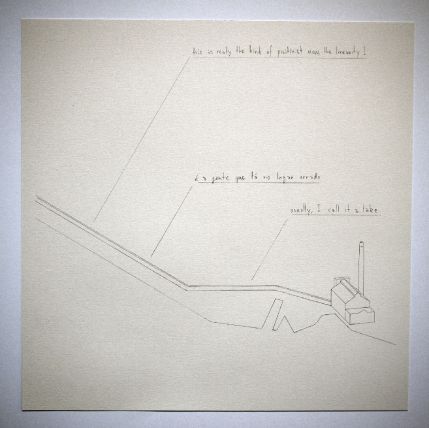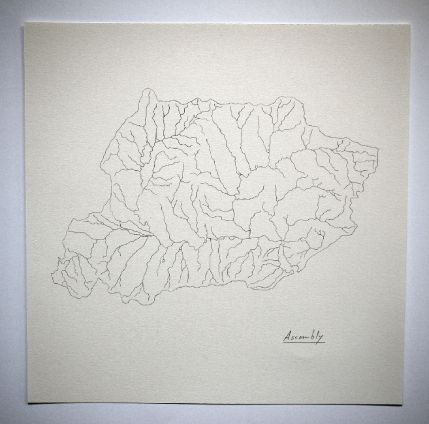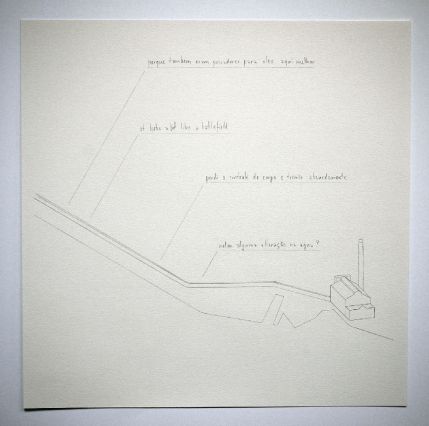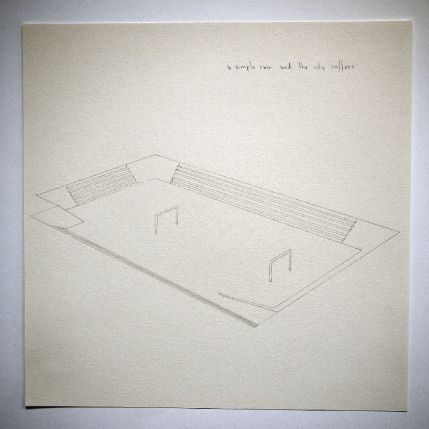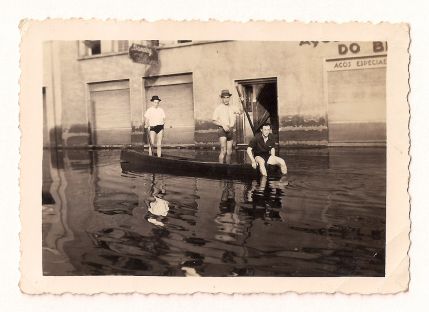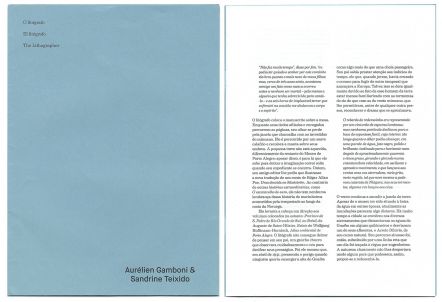
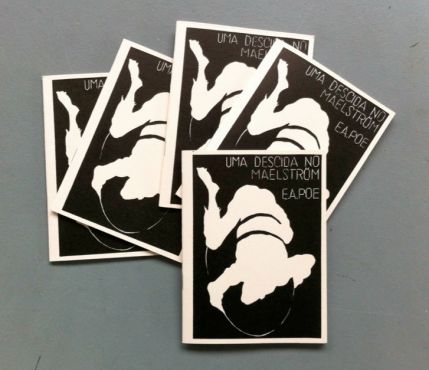

> investigation: Into the maelström
> projects: L’assemblée maelström, Festival Les Urbaines, Lausanne
Into the maelström, Swiss Art Awards, Basel
> texts: The Lithographer (edition inserted in the catalogue)
Sarah Demeuse on Surfando no Dilúvio (catalogue of Weather Permitting)
Le maelström par Grégory Quenet
>
Surfando no Dilúvio (Maelström Porto Alegre)
Sandrine Teixido / Aurélien Gamboni
9e Bienal do Mercosul, Porto Alegre, september – december 2013
This projects takes place in the context of a long-term investigation led by Aurélien Gamboni and Sandrine Teixido, based on the Edgar Allen Poe short story "A Descent into the Maelström" (1841). Considering this tale to be a powerful conceptual tool, allowing for an interrogation of the perception of environmental changes, Sandrine and Aurélien have collected narratives that profoundly resonate with Poe's story.
Through a series of investigation residencies in Porto Alegre, they collected numerous testimonies that shed light on some of the complexities and diversity of the inhabitants' relationships with their natural environment, more specifically in relation to the spectacular floods of 1941. Witnesses and survivors, but also researchers in hydrology, geology and climatology, and members of communities more deeply affected by this major event – such as the fishing community of Vila Guaíba – have been invited to appropriate Poe's maelström in relation to their own experience, to share a new common object able to shift the usual perspectives and objects of controversy.
Following this investigation, a new fictional text, "The Lithographer," has been written and inserted in the Biennial's catalogue, offering a re-composition of the people, places and issues encountered. Certain of the emblematic locations evoked in this narrative – such as the little tower of the Museo do Porto Alegre, or the shores of Vila Guaíba – also hosted micro-assembly situations, collectively gathering the concerned persons. In the exhibition, a series of drawings and documents from the investigation were presented next to the archives of all the transcribed interviews. A recording of the tale in Portuguese, read for this occasion by one of its Brazilian translators, João Paulo Silveira de Souza, could also be consulted on the site.
